Sensations’ Fix interview with Franco Falsini
Sensations’ Fix is a project of Franco Falsini. They released a couple of really amazing space/electronic albums back in the seventies. Franco also released a solo album called Cold Nose back in 1975. In this interview we talked about the whole history of the band.
Where and when did you grow up?
I grew up in Florence and started to play guitar at the age of 16 doing covers of the records my sister was shipping me from England where the music those days was really happening.
Your first band was Noi Tre.
Noi Tre was my first serious band, we were covering all English and American music. With them I did record a single with an Italian song called “Distruggimi” for a magazine that was including a 45″ with its publication. The city of Florence had never heard such a sound and the young people’s excitement was pretty big. RCA got interested in the band and we were called in Rome to record some original material, but the experience turn out to be a disaster and was the cause of me leaving the band. I went to England and was replaced by Paolo Tofani, a friend that later on will play in this band called Area. Only in 1995 a CD of the band was released, but my playing appear only on those early songs recorded as a single.
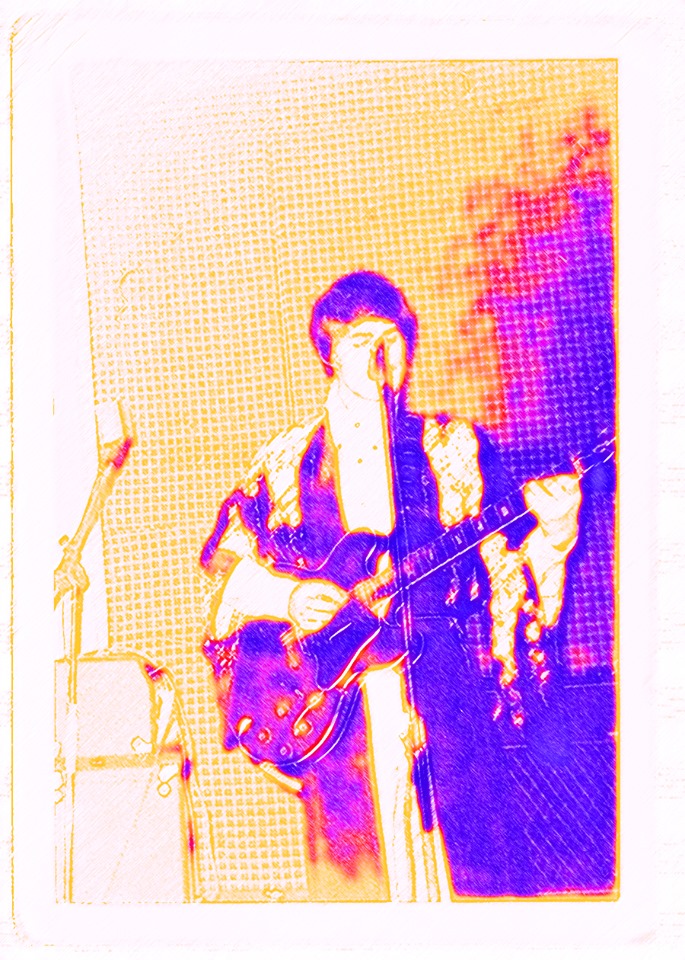
What happened at RCA?
I realized how ignorant his artistic director was. He had no idea of what was happening and I got really offended while proudly showing the first Jimi Hendrix album (after all the hassles I went trough to get it), the reply of one their artistic director was: “Do you really think that a black guy dressed this way, with this hairstyle can sell some records?”. I left the office in a rage and as I was heading out from RCA I met an English drummer that I had made friend’s with while in Rome. He was a very young but already talented. His name was Pick Withers and we shared the same skepticism I had for the label. He himself was about to leave his band The Primitives, that was recording track at RCA.
How was to live in London?
I lived for almost one year in London where I was hanging out at the Marquee, making friends with a lot of good musicians. At the Marquee they were heavily into blues and in there I saw some of the best guitarists.
I remember when Jethro Tull played the first time there and I managed to talk to Jon Anderson, he wasn’t famous yet, but it didn’t take much to me to understand that he and his band will become big. With them I went to Birmingham where they played as support for Cream, one of my favored bands. I still remember Mick Abrahams in their Bedford van, showing me what a good action his guitar had. In London with Dave Anderson on bass and Chris on drums, I formed Flying. A 3 piece band jamming on blues. With them I came back to Italy and while playing at the Red Garter, a tourist hotspot in Florence, I met Vinnie Sherman working as a waitress, after her money had been stolen when arriving to town. The women that later on I will marry and with whom I planned to go to America.
How about Le Madri?
I was only for a short period in Le Madri and that started after Flying broke up and Dave and Chris went back to England. Le Madri was a project by the owners of Space Electronic, a group of architects that had turn this two floor garage into a successful fancy venue where a lot of good artists were performing. Those guys were responsible to bring Van Der Graf Generator and Hawkwind to Italy for the first time. Me and the drummer, part of the original band, were no longer in Florence when the recording happened. Giorgio, the original drummer came also to America, not so much to play, but to finish his study in New York. Flavio Cucchi, another friend and extremely good guitarist that had been in the band afterward told me that after another call from RCA with the same demo approach… their experiences turned out to be a disaster too.
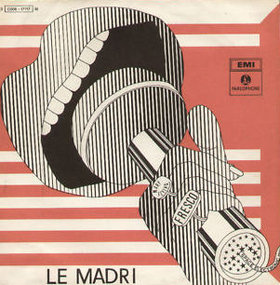
Can you elaborate the formation of Sensations’ Fix?
I arrived in America on the 15th August 1969, the day that Woodstock started but…I didn’t go to the festival. My mother in law was dying of cancer and those were her last days. I remember playing guitar for her, she had remarks on my accent, but like the sense of hope of the music I played to her on an acoustic guitar. I met Keith Edwards in the record shop he was working in. He was a great drummer and had a wide musical knowledge. He was the one who turn me on to LSD, that night I was jamming with him in a farmhouse where a bunch of hippies were living. He was surprise that I couldn’t function on that condition, but for me the whole scene was to study. I didn’t want to get wasted like many others. Little time later me and Keith were playing and living together in a big house in Alexandria. We formed a band Sally Duck with Jamie Wilson on bass and a wizard on electronics Carl Grossman, a freaky guitar player that could learn musical parts on the fly.
“I was obsessed to go beyond the sound of the guitar”
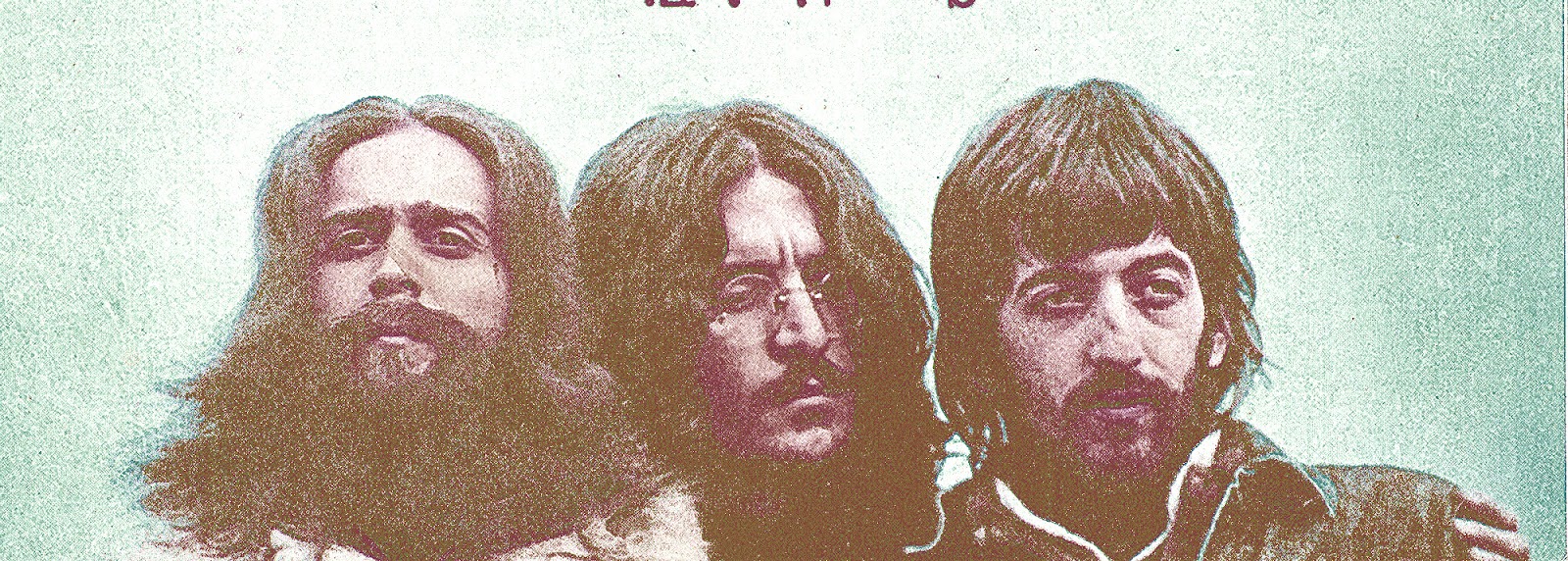
In the basement of the house I managed to put together something where we could record our experiences with Jamie. We had modified a 4 track Teac to give it a sync capabilities way before the company realized the future of multitrack on a large consumer scale. Also with his help I was able to get a Mini Moog before it came out officially on the market. I was obsessed to go beyond the sound of the guitar, but there weren’t so many choices beside the distortion and echoplex, so the Moog came out at a perfect time, it was the missing link of the sound knocking on my head. Our band was performing mostly out in woods where we would bring our instruments and play for hours without ever stopping. This kind of attitude and the fact that the house was always full with people turn us into a cult band among the kids in the area. But tighten up the control of the local police. I was always keeping a low profile as I was struggling to find any possible alternatives to use of substances from egg machines to form of meditation, but Keith was working in a shop selling drug called paraphenalia and was exposed to get in trouble. In fact, one day after police bust a Tracker’s Stop, the place he was working, he was arrested because some clients had left on the floor a bag full of grass. I had to bail him out of jail and went trough a lot to prove his innocence. I went back to Europe for awhile and England was always a good place to regain music equilibrium.
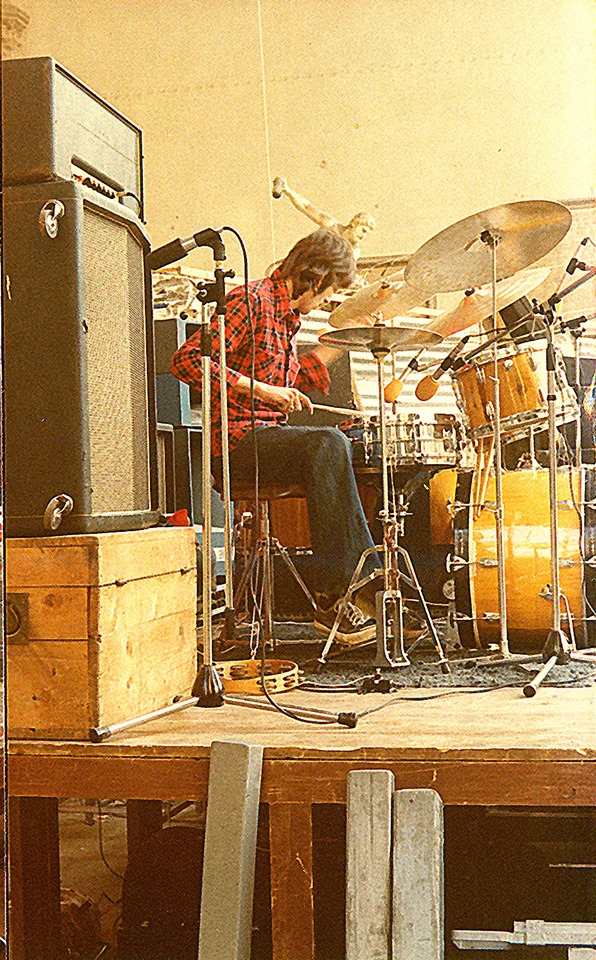
In London I met David, an Italian promoter that was doing business with a small label for krautrock called ‘Virgin’. Some of the cassettes brought from the American basement session were submitted to them. Then I meet Simon Draper from whom I got his friendly advice to submit the same tapes to some Italian labels. The people at Virgin were really nice. They were on a strike of success that will soon turn them into one of the most influential label of our modern age, not only I got all their excitement but I was also able to be on their guestlist at some of the concert they were sponsoring. I remember seeing Faust and Can. The tapes did end up in the office of Polydor in Italy, but I received no reply. After coming back to America, big problems started happening at the house. Sally Duck broke up and everyone had different planes. I had become father and I was working on 9 to 5 job making braces for handicapped people, but still playing all night with very little sleep, so I decided to go back to Italy. I shipped a container full of equipment, and it was not easy to explain to custom that all that stuff was personal, a lot of the merit for this, has to be given to the owners of Space Electronic. Their venue was even bigger than when I left and in there I was booked to play as one man band, using the nickname of a famous medieval Italian painter “Paolo Uccello”. Suddenly I received a phone call from the A.R of Polydor. The company finally heard the tapes and in a business meeting in Milan after showing them the latest sound developments, they proposed me a 5 year contract. I signed the agreement thinking that the tapes I submitted were just demos and started to put together a band to eventually record the albums at Polydor Studios. Keith Edward flew in from Virginia and another American guy that was living in Italy, Richard Ursillo was selected to play bass, to complete the 3 piece band that started to perform as Sensations’ Fix to practice and record without problems created by the loud volume, the band went to live out in a country, miles away from Florence.
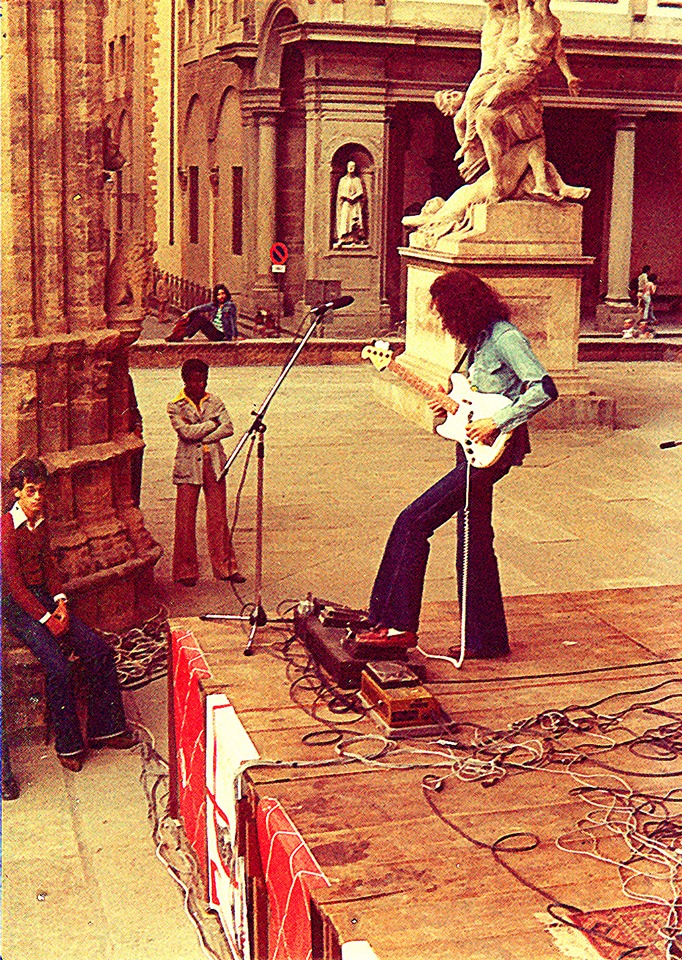
What’s the story behind your debut Fragments of Light?
Actually all happened because Polydor turned those demo tapes that I left them into 2 albums, one is Fragments and the another one is a record that was used as background sound in radio and TV program and never placed in commerce. Those tapes were actual fragments of the 2 years music experience described above. As for the term progressive: to me it means music that evolves without the verse-chorus-verse used in pop or rock, while the space is a tool to measure how far you can go with your mind. the re-master of Fragments will be able available on iTunes shortly since I’m taking care myself of the digital distribution.
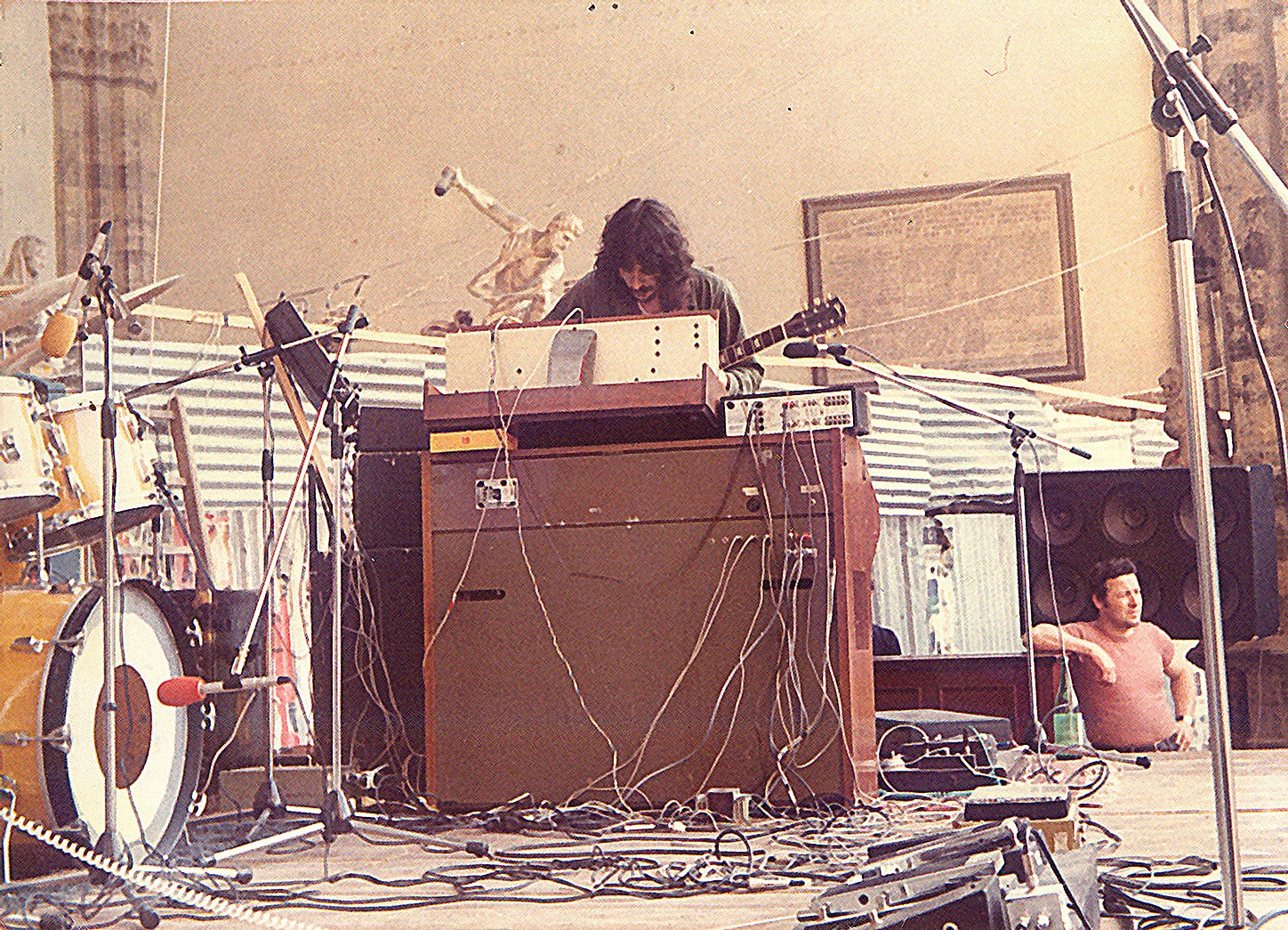
So your relationship with Polydor was not good?
With them all I can recall are problems. They thought we were just a bunch of drug addict, to be kept at distance and we were kept out of the studios with an excuse “the smoke was hurting the machine” as their engineers were saying. For this reason I ended up signing a contract where they only had the right to press 6 of my projects to be given to them in a 5 years span, without an exclusive on the name, nor on my work. In fact when I released Vision’s Fugitives for all Ears, they could’t do anything, that became a trademark for the band….
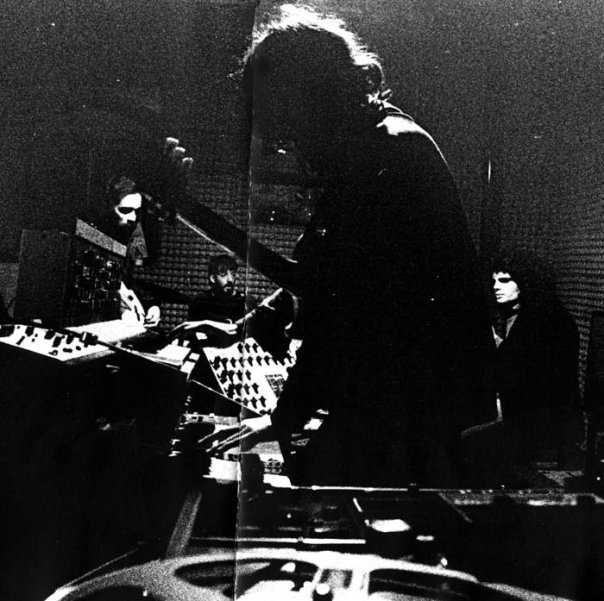
Tell me more about this contract.
I only sold them the final mix of what they will press. The multitrack of the original recording is still mine so I can remix and release older tracks without their permission, while Universal that now holds all the Polydor catalog, can be taken to court for all the releases done without my permission. If people are looking for older records they should look up for some remastered work that I did for Cold Nose. Spectrum Spool, a label directed by John Elliot of Emeralds will put that out mid march. Then a compilation called Music Is Painting In The Air will be issued by RVNG a New York based label that has already released some of Harald’s Grosskopf past material.
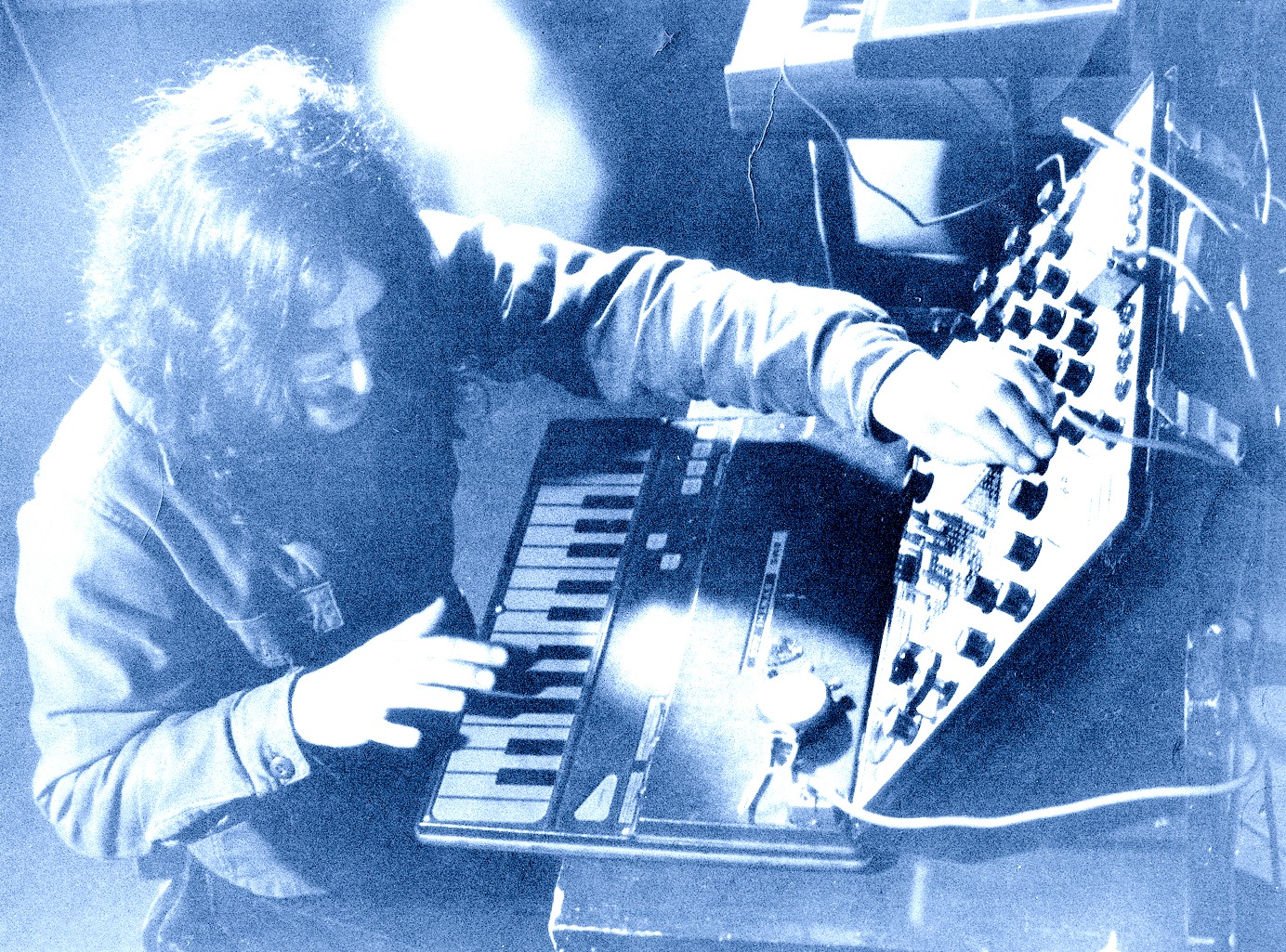
What can you tell us about the cover artwork?
We were poor, and this guy that was fronting the money, Filippo Milani that had become our producer was a real good fashion photographer with very good people working for him taking pictures all the times. The covers are his merit, unfortunately he was not into the life, nor the sound of the band and our relationship ended up when I realize that for him we were just another gadget to show.
How about the release of Portable Madness?
That was the first real group effort, the sound was what the band was playing live musical event were unfolding to form a long suite. In the record, tracks are divided by names, but the dividers are such that don’t stop the listening with a pause like they normally do on records. We needed the release of the album to get booked and for this reason considering that I wanted to get rid of the agreement with Polydor as fast as I could. A lot the releases turned out to be squeezed in a short period.
Solo album Cold Nose (Naso Freddo) followed.
The producer Filippo Milani had a big interest in movies and was experimenting in short stories. He’s done this half hour movie, using a 16 mm camera, about a person sniffing cocaine, the movie was actually against its usage, showing the different levels of paranoia chronic users might achieve, there were no words and I was asked to make the music and to synchronize its speed with the movie scenes. Polydor saw the movie, like the music and reclaim his 3 album. So after one year my contract with them was half way through.
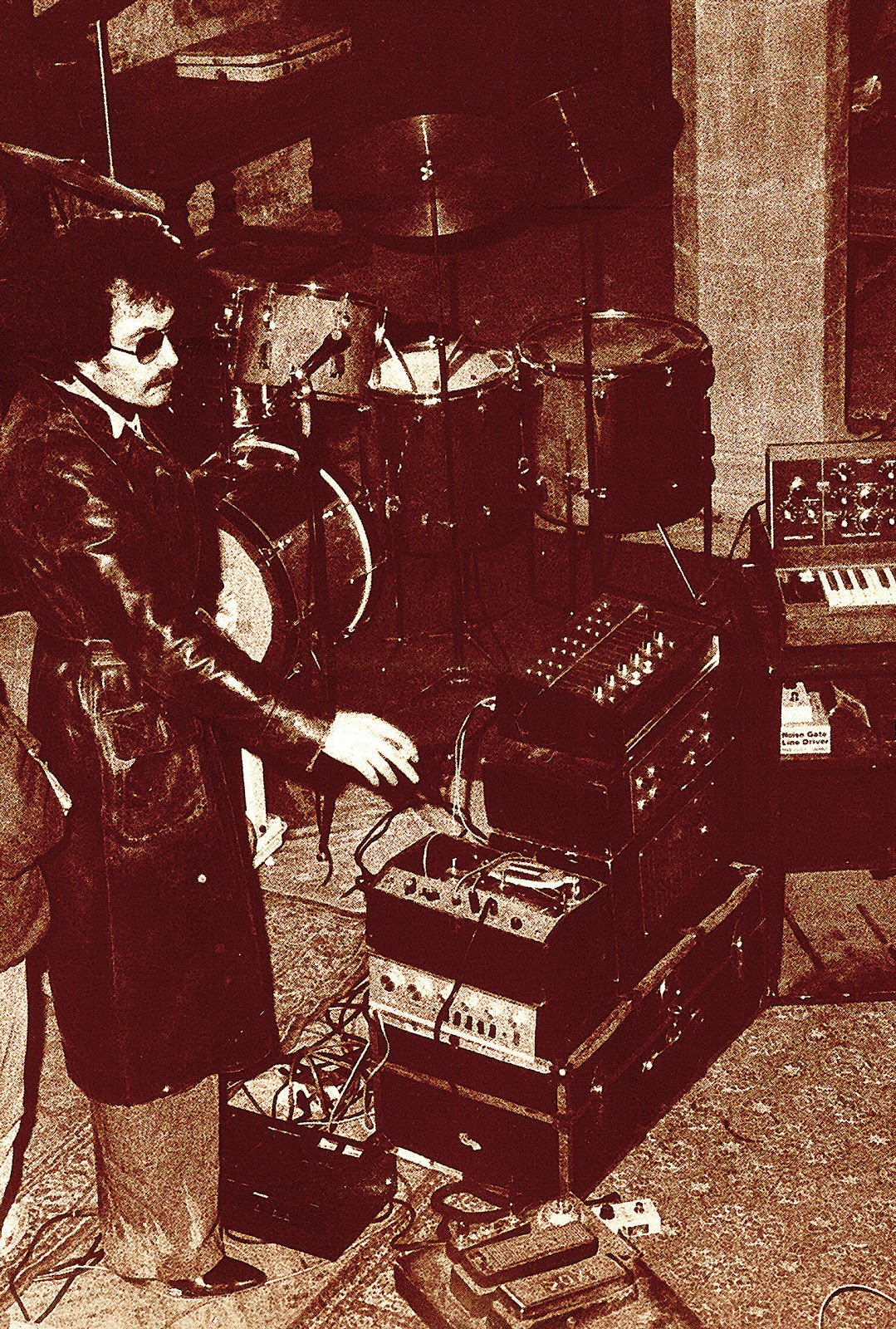
You released several other albums among them Finest Finger, where you added a second keyboardist named Steve Head.
Performing live using synthesizers wasn’t so easy, those days, presets didn’t exist, and another musician was needed to achieve the live sound we had in mind. Steve was the perfect choice. He was such a nice person, and always helping on getting resources to record at the best quality possible. With him we realized that turning our home recording into a good sounding record, would have added a tremendous artistic value to the music. People were into that and some piece of equipment was becoming cult because it meant freedom, and to capture that feeling was not just buying expensive gears, but the right one.
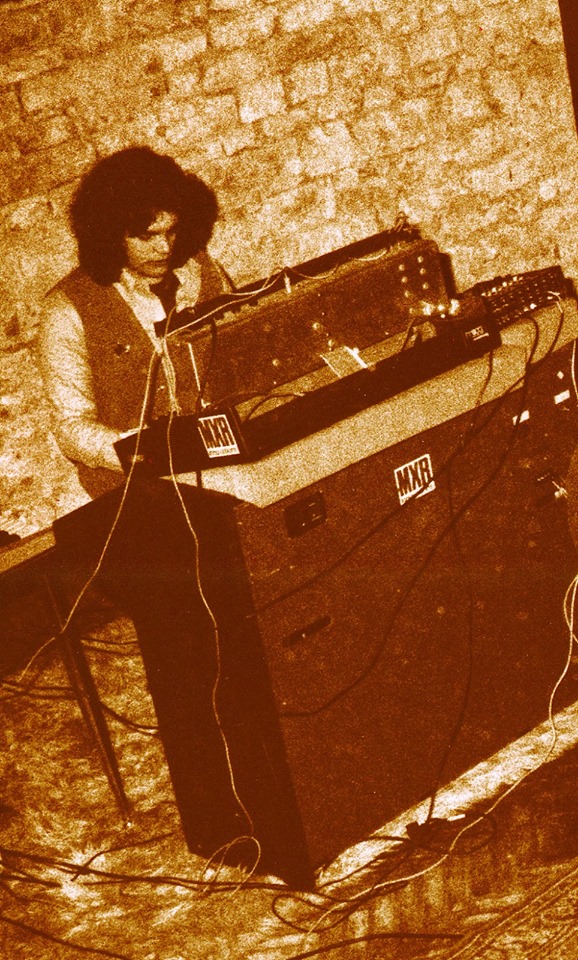
Boxes Paradise was your final album. The group Sheriff followed.
After releasing Finest Finger and touring with Steve we realized that it was very hard to perform in Italy. Concerts were surrounded by too much political activities, instruments could have been damaged or confiscated. Group of very politicized people were attending the concert just to create problems. People like Lou Reed and Santana in their performances in Italy went trough a lot of troubles. Sometimes your own physical safety was at risk, so me and Keith decided to go back to America. We started to work with Gilbert Jullien that had put together for us a studio assembled with electronics parts bought in government auctions, there we did a lot of studio work including flying tapes, a compilation that ended up being our last work with Polydor.
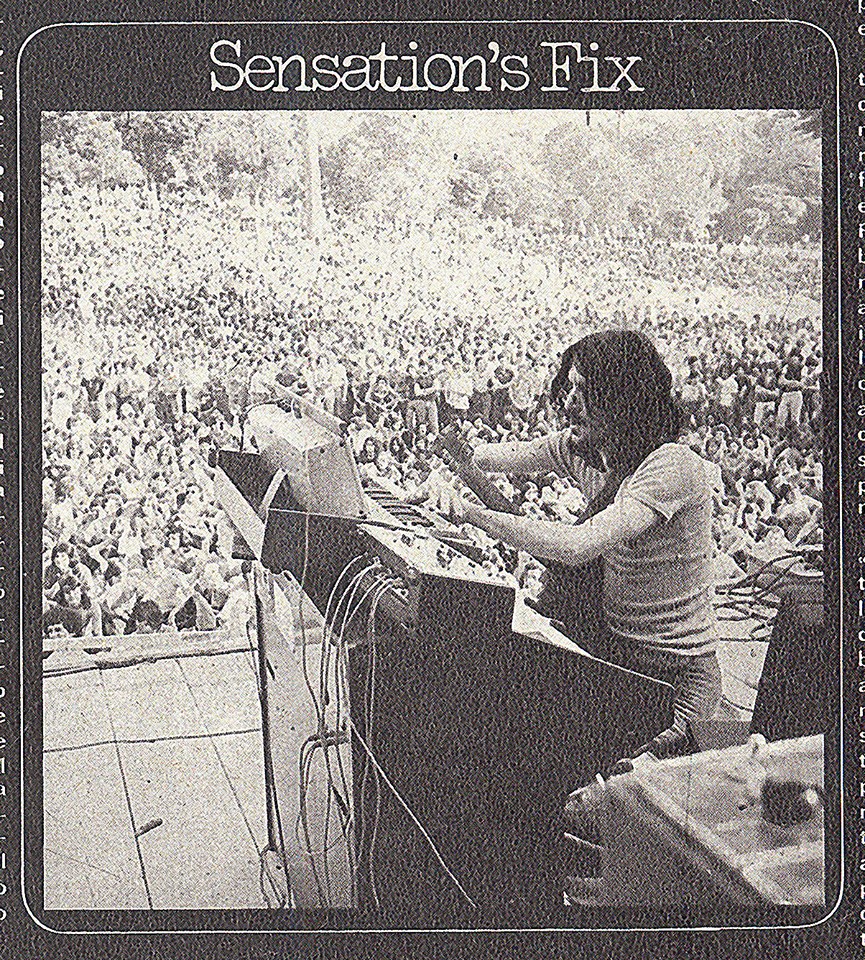
All Ears, an independent label from L.A got interested in the sound and asked to release an album of Sensations’ Fix. We gave them the recording they wanted and released Visions Fugitives. When the album came out, Polydor was really upset. I was recalled to Italy and put on trail by the company, that legally couldn’t do anything, so I was asked to finish my contract with them recording the last album in their studios and to include new versions of some of the track of the All Ears release. The recording were done in Milan and after that me and Keith went back to the States, and kept working at Willow Mill studio were Sheriff was recorded.
How did you decide to use the name “Sheriff”?
Every time I will submit the tapes to the majors, the answer was always the same: “You need to change the name of the band…” Gilbert Jullien that was the owner of the studio told us that if we call the band Sheriff he would print the record we were working on. He was heavily influenced from the fact that back then name such sheriff or police could have been used successfully… We had already sold most of our equipment in order to survive and needed a record to ignite some lives at the local level so we decided to go for it. Actually that was the last Sensations’ Fix recording with the original lineup, and minimal overdub. The album is out now on digital distribution as a Sensations’ Fix release named Nightology.
How about gigs?
We did play a lot in Italy, many gigs were festivals so we end up playing with band like Banco del Mutuo, PFM, Osanna and others Italian bands. Emerson, Lake and Palme and, Soft Machine were also bands we played with and that were really good live bands. With some people such as Claudio Rocchi, Tony Sidney of Perigeo, Paolo Tofani and Demetrio Stratos of Area, we were also friends.
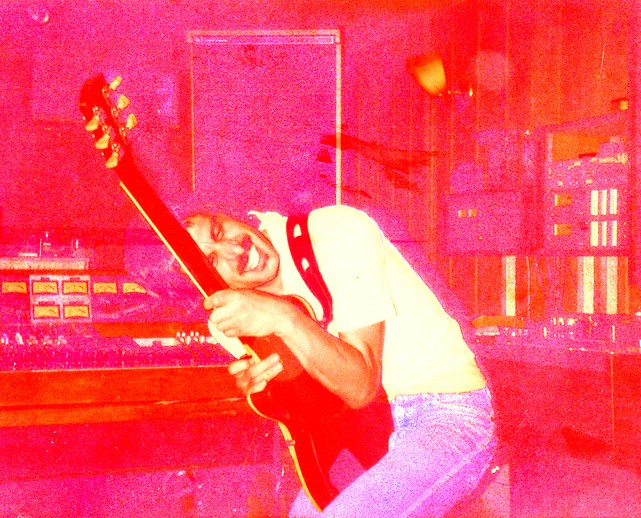
Any crazy stories?
I prefer no to add anything more. I’m on the process on getting my green card again.
What currently occupies your life?
Playing and its derivation, with a range that goes from re-mastering old materials or recording new tracks for a live performance that will include SF material. I’m planning a nomadic trip on a camper, with a shamanic approach to music, to travel in the States and South America. Currently I’m operating under the nickname Inko- a musical therapy to turn subconscious activities into science.
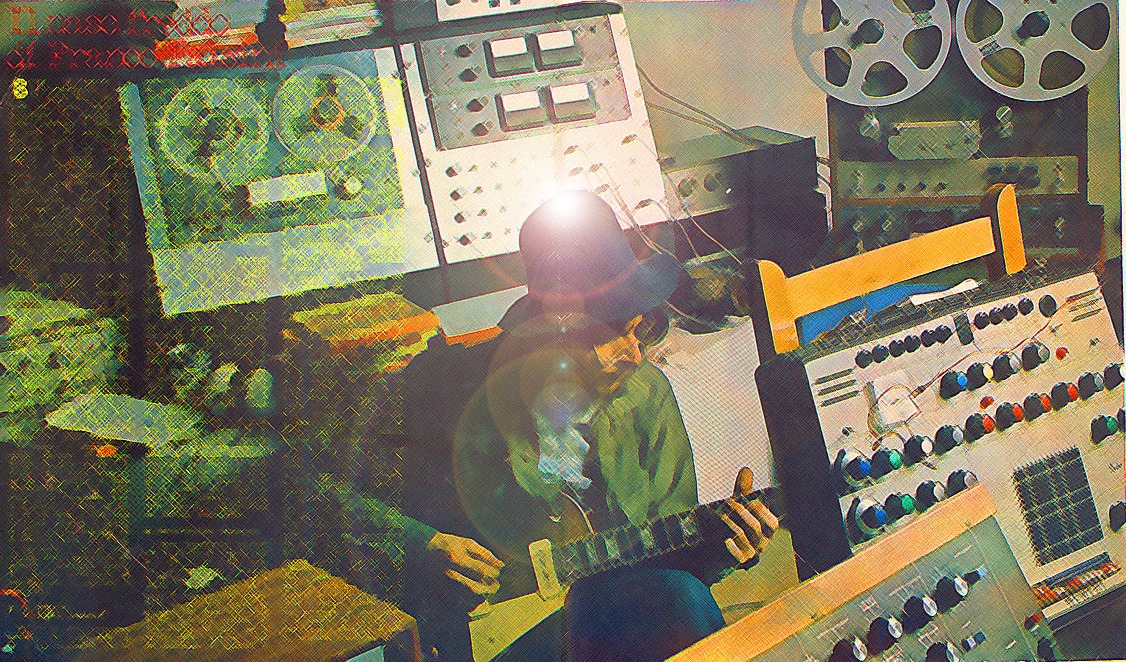
Thank you for taking your time. Last word is yours.
We can change the world without anyone noticing the difference.
– Klemen Breznikar

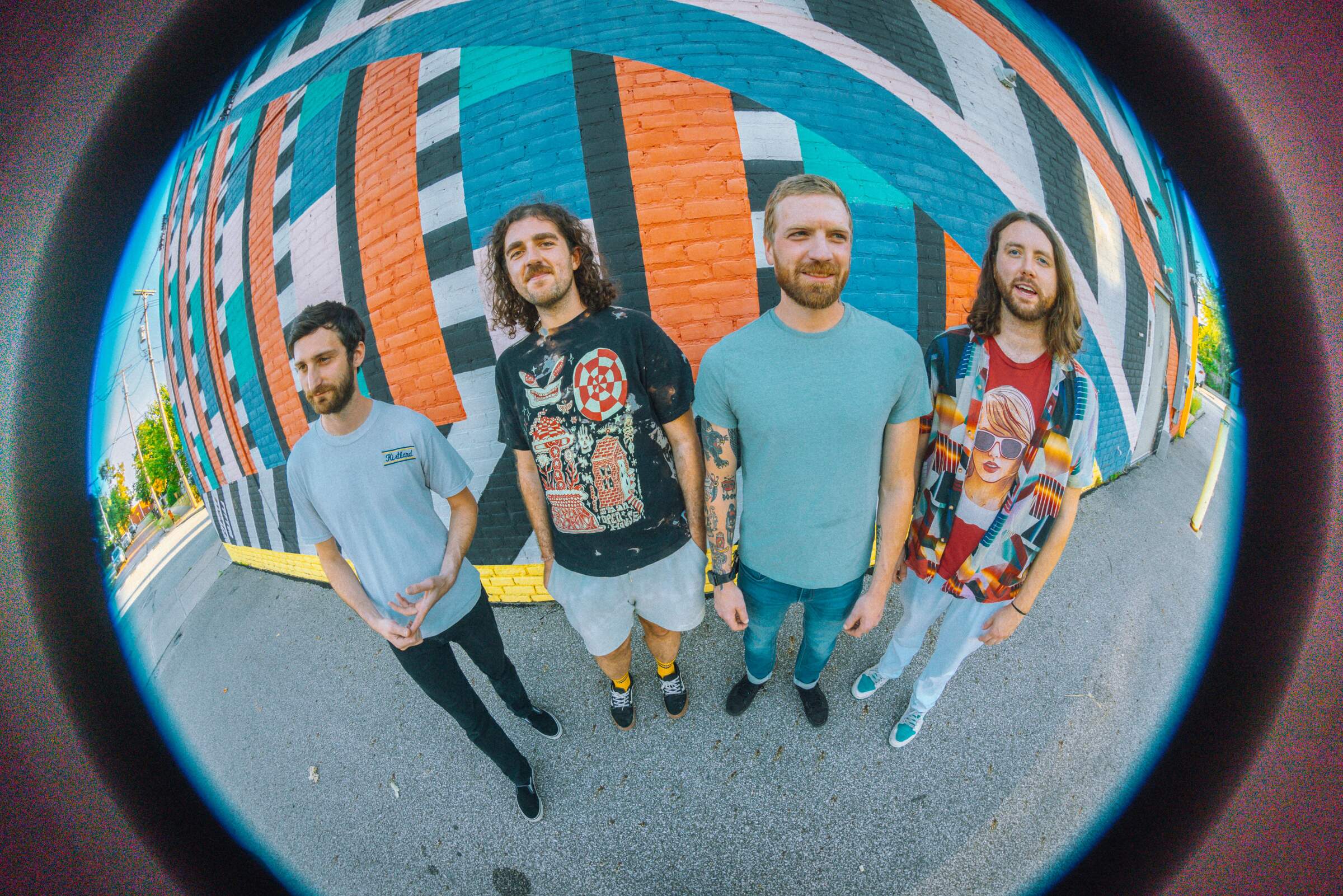
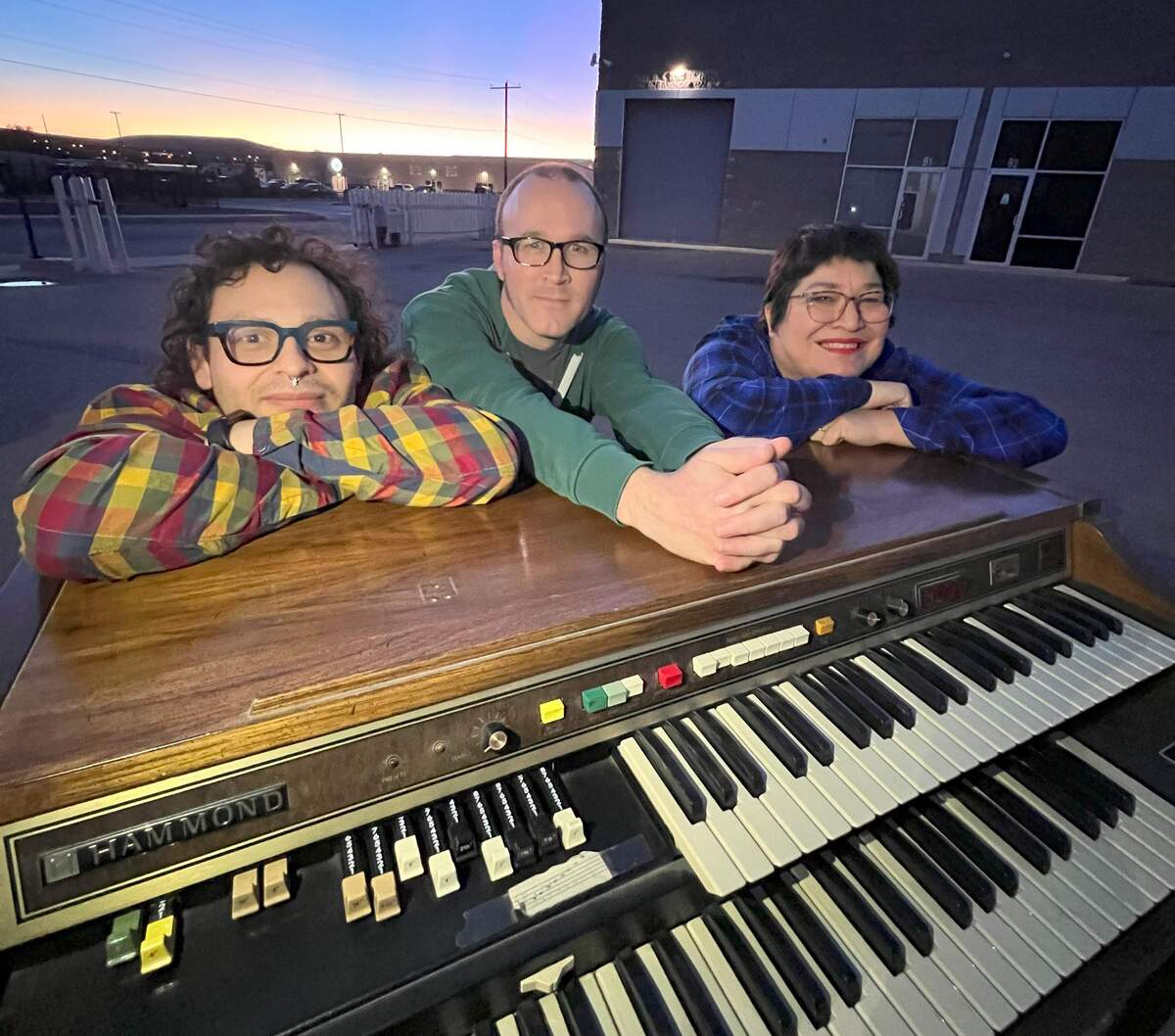
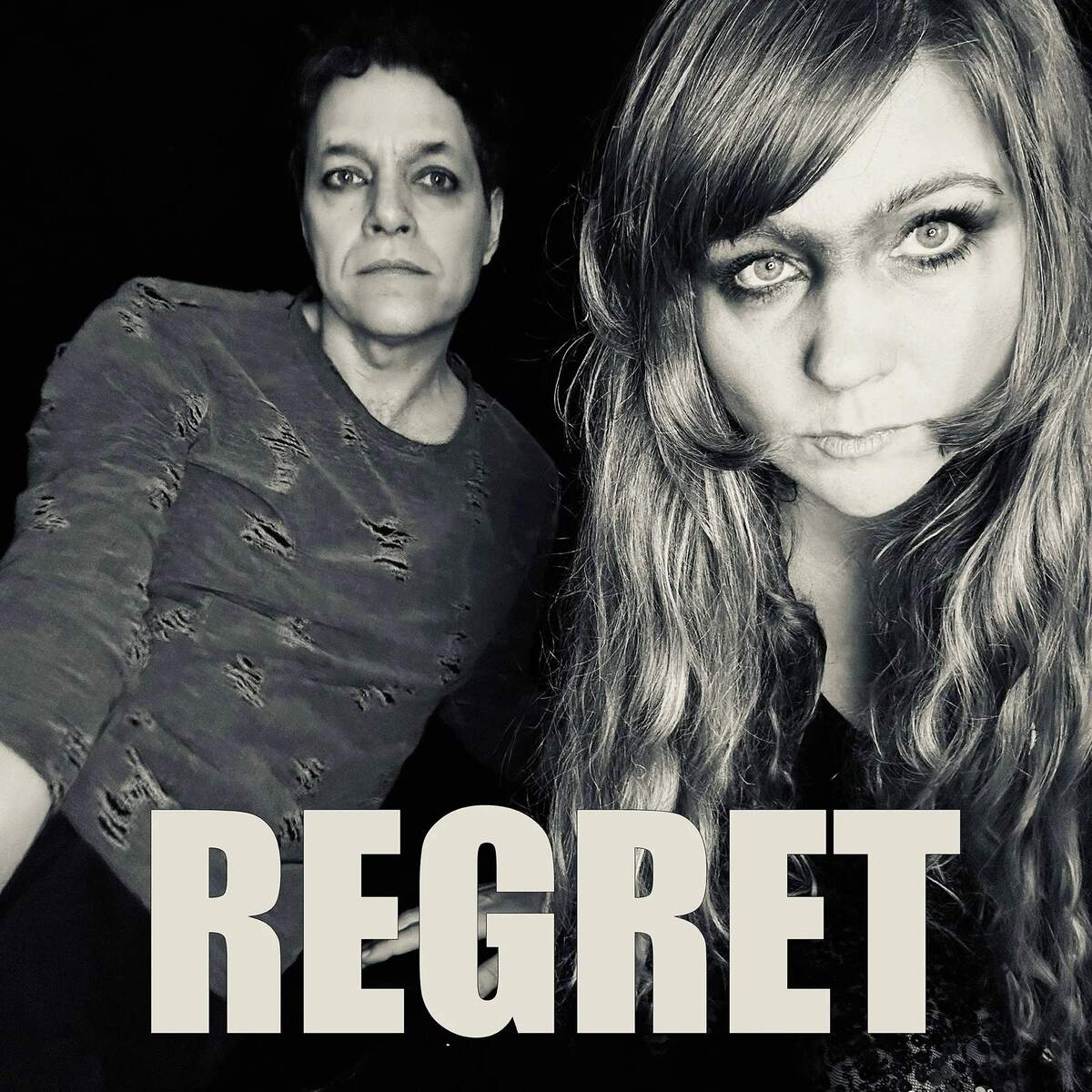
Great Band ! I did'nt see the album supposedly released before Fragments Of Light, that was called "Sensation's Fix" mentioned